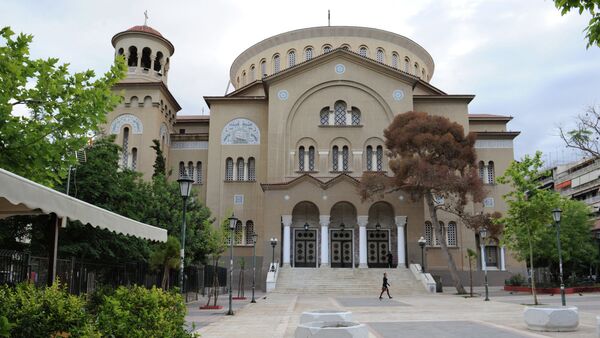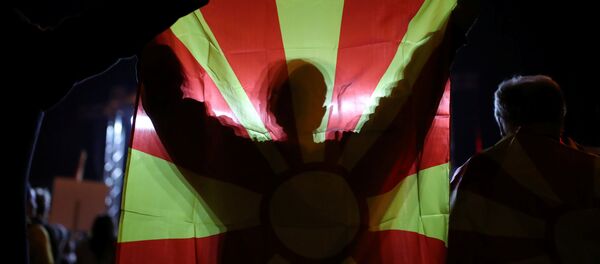"After a long-term, comprehensive and frank dialogue between the state and the Church, a dialogue that took place in an atmosphere of respect and understanding, we now have the opportunity to move to concerted and mutually acceptable and mutually beneficial initiatives related to streamlining our relations," the joint statement says.
They noted the intention to reach a "historic agreement," which would take the form of legislative regulation.
First, the Greek state recognizes that before 1939, when Law 1731/1939 was published "forcedly," it received church property for a compensation less than its value.
READ MORE: Catholic Church Needs Law Banning Sexual Predators Among Clergy — Former Priest
"The Greek government recognizes that it took upon itself the payment of salaries to the clergy, in a broad sense, as compensation for the acquired church property," the statement says.
The state and the church recognize that the clergy will not be considered civil servants in the future and, therefore, will be excluded from the single state payment authority.
The church recognizes that after this agreement it will waive any other claims for the said church property.
The annual subsidy will be paid to the special fund of the church and will be earmarked exclusively for the salaries of the clergy. The agreement provides the current number of clergy and other churchpeople. Any possible increase in the number of priests will not lead to a demand to increase the volume of annual subsidies, the statement said.
READ MORE: Canonical Ukrainian Orthodox Church Says Not Taking Part in Autocephaly
The Greek state and the church also agreed to establish a fund for the use of church property. The fund’s obligations will be shared by the state and the church on a parity basis.
On October 2, the ruling Coalition of the Radical Left (Syriza) introduced draft amendments to the constitution in the parliament. The initiative proposed to "modernize" article 3 and enshrine the state's religious neutrality in law, while maintaining "recognition of the Orthodox Church as the dominant religion for historical and practical reasons." The changes are revolutionary for a country in which 98 percent of population are Orthodox believers. On Tuesday, Tsipras met with Archbishop Hieronymos II and members of the Holy Synod of the Church of Greece to discuss the reform, and the parties reached an agreement that contains 15 points and a preamble.




